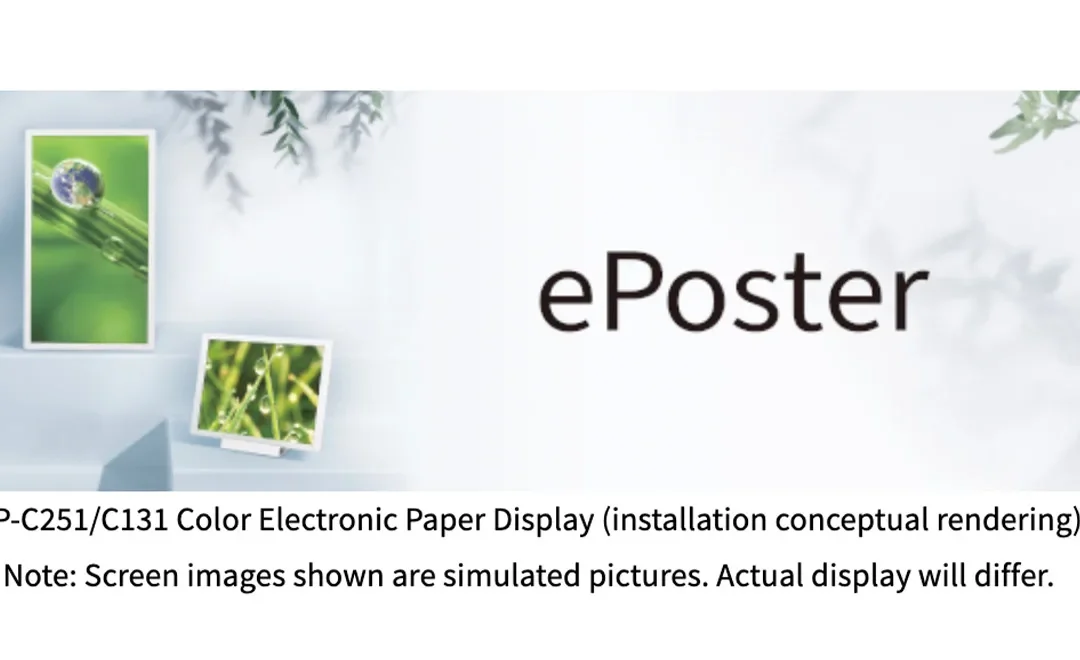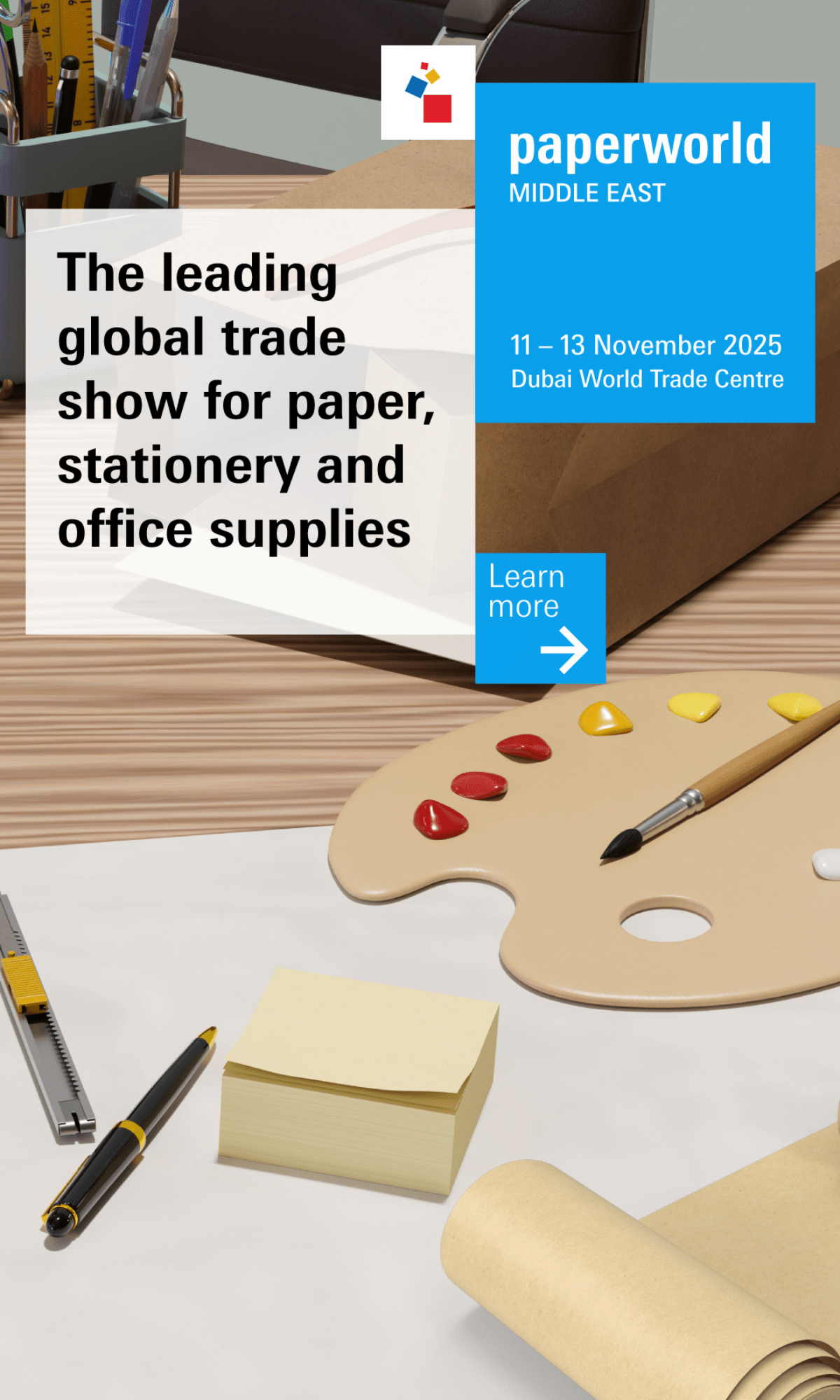
Researchers from two Scandinavian universities have created a platform to individualise treatment.
Two teams of researchers from the University of Copenhagen, in the Danish capital, and the Abo Akademi University in Turku, Finland, have developed a new platform offering personalised medication using an inkjet printer.
R&D Magazine reports that the teams used the inkjet technology to produce edible dosage forms with a QR code pattern on them, tailored to each individual patient, demonstrating inkjet printing’s applicability in the production for the first time. The QR code allows data pertaining to each patient to be stored within the pill itself, and is readable via smartphone, even after being stored in non-ideal conditions. It is hoped the development could lead to safer, more patient-friendly drugs being produced in future.
“Simply doing a quick scan, you can get all the information about the pharmaceutical product – in that sense, it can potentially reduce cases of wrong medication and fake medicine.” Natalja Genina, an assistant professor at Copenhagen University’s Department of Pharmacy, explained. “This technology is promising, because the medical drug can be dosed exactly the way you want it to. This gives an opportunity to tailor the medication according to the patient getting it.”
The published study report that “inkjet printing of the active pharmaceutical ingredient (API)-containing ink in the pattern of QR code was performed onto a new developed porous and flexible, but mechanically stable substrate, with a good absorption capacity. The printing did not affect the mechanical properties of the substrate.”
“The actual drug content of the printed dosage forms was in accordance with the encoded drug content,” the study continues. “The QR-encoded dosage forms had a good print definition without significant edge bleeding.”
It is speculated that the new study could now lead to a regular printer being able to apply medical drugs in a QR code, with the edible material being produced in advance; this will allow on-demand production of the drugs, close by to the end users.
Professor Jukka Rantanen, also of the Department of Pharmacy, said: “If we are successful with appliying this production method to relatively simple printers, then it can enable the innovative production of personalised medicine, and rethinking of the whole supply chain.”





















